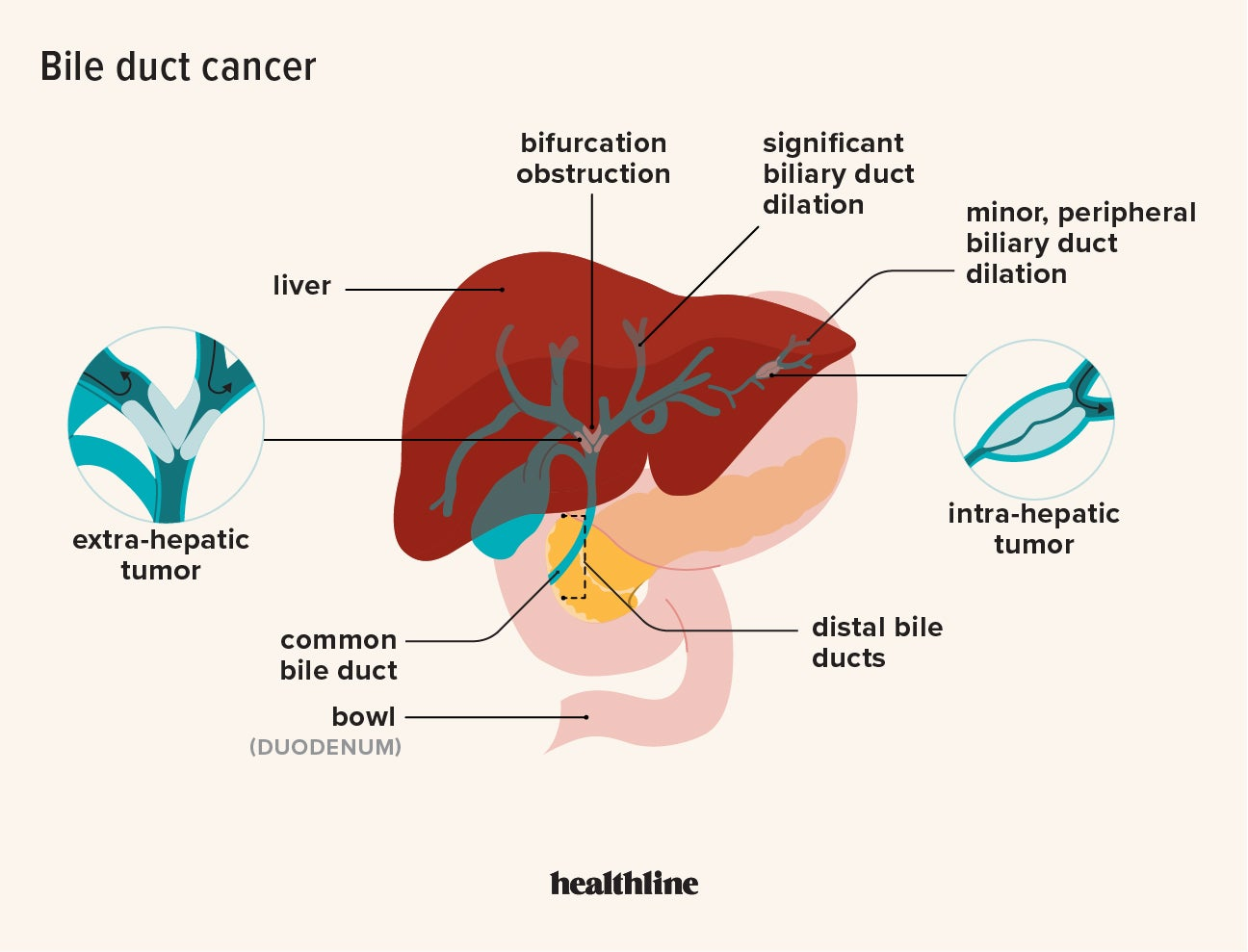Bile imbalance liver cancer emerges as a significant health concern, particularly due to its link with hepatocellular carcinoma (HCC), the most prevalent form of liver cancer. Recent research highlights how an imbalance in bile acid metabolism can be a precursor to this devastating disease, shedding light on potential liver cancer treatment strategies. It appears that the dysregulation of bile acids, which play a crucial role in fat digestion and metabolic signaling, may fuel cancer development via pathways such as FXR activation and YAP signaling. Understanding this connection is pivotal, as targeting these pathways could lead to innovative therapies that mitigate liver inflammation and fibrosis. Through such breakthroughs, the medical community aims to redefine the prospects of individuals at risk of bile imbalance liver cancer, ultimately improving patient outcomes.
Liver cancer, particularly driven by disturbances in bile dynamics, poses a serious risk to health and well-being. This form of cancer, notably hepatocellular carcinoma, can be precipitated by an imbalance in the production and regulation of bile acids, which play a vital role in digestion and metabolism. Disruptions in bile acid equilibrium can lead to various liver diseases, emphasizing the crucial need for effective liver cancer treatments that target these metabolic pathways. Insights into the molecular interactions, such as those involving the FXR and YAP proteins, provide a deeper understanding of how bile acid dysregulation contributes to liver inflammation and tumor development. As research continues to unveil these complexities, the potential for novel therapeutic interventions becomes increasingly promising.
Understanding Bile Imbalance and Its Role in Liver Cancer
Bile acids, crucial for fat digestion and absorption, are produced by the liver and play a vital role in maintaining metabolic balance. However, an imbalance in bile acids can lead to severe liver diseases, most notably hepatocellular carcinoma (HCC). This cancer is the most prevalent form of liver cancer, and research indicates that dysregulation in bile acid metabolism may be a significant contributor to its development. New studies highlight how these bile acids, beyond their digestive functions, are involved in signaling pathways that regulate cell growth, underscoring the complex relationship between bile production and liver health.
Emerging evidence suggests that the dysregulation of bile acid metabolism is intricately connected to the activation of specific signaling pathways, such as the YAP signaling pathway. YAP, or Yes-associated protein, has been shown to promote tumor formation in hepatocellular carcinoma by interfering with essential bile acid sensors, particularly FXR (Farnesoid X receptor). When YAP inhibits FXR function, the result is an accumulation of bile acids in the liver, leading to inflammation and fibrosis, which ultimately paves the way for cancer progression.
Frequently Asked Questions
What role does bile imbalance play in liver cancer development?
Bile imbalance is linked to liver cancer, particularly hepatocellular carcinoma (HCC), as it leads to liver injury and inflammation. Disruption in bile acid metabolism can result from the overproduction of bile acids, which triggers cellular damage and promotes cancerous growth.
How does FXR activation affect liver cancer treatment in cases of bile imbalance?
FXR activation is crucial for maintaining bile acid balance. By enhancing FXR function, we can potentially reduce bile acid overproduction and liver damage, making it a significant target for liver cancer treatments related to bile imbalance.
What is the relationship between YAP signaling pathway and bile acid metabolism in liver cancer?
The YAP signaling pathway has a complex relationship with bile acid metabolism; it represses FXR, which is essential for regulating bile acids. This repression leads to bile acid accumulation and increases the risk of liver cancer, making it a key area of study for potential treatments.
Can bile acid metabolism affect the progression of hepatocellular carcinoma?
Yes, bile acid metabolism plays a critical role in the progression of hepatocellular carcinoma (HCC). Disrupted metabolism results in bile acid accumulation that causes inflammation and fibrosis, which can accelerate cancer development.
What are potential pharmacological interventions for liver cancer related to bile imbalance?
Potential pharmacological interventions for liver cancer could involve drugs that stimulate FXR activation, inhibit YAP’s repressive activity, or enhance bile acid excretion, all aimed at restoring bile acid balance and reducing liver cancer progression.
How does liver cancer treatment relate to bile acid homeostasis?
Effective liver cancer treatment involves maintaining bile acid homeostasis, as imbalances can lead to liver injury. Treatments that restore this balance, such as FXR activators, could mitigate liver cancer risks and improve patient outcomes.
What recent findings have contributed to understanding bile imbalance and liver cancer?
Recent findings highlight the role of YAP in regulating bile acid metabolism and its interaction with FXR. These discoveries provide new insights into bile imbalance and liver cancer treatment, indicating that targeting these pathways could yield better therapeutic options.
| Key Points | |
|---|---|
| Study Focus | The link between bile imbalance and liver cancer, specifically hepatocellular carcinoma (HCC). |
| Key Molecular Finding | Identification of a molecular switch (YAP) regulating bile acid metabolism influencing tumor formation. |
| Results of the Study | YAP inhibits FXR, leading to bile acid overproduction, liver fibrosis, inflammation, and liver cancer progression. |
| Potential Treatments | Blocking YAP’s repressive activity may lead to new pharmacological solutions targeting FXR and bile acid excretion. |
| Research Implications | Understanding the metabolic control through YAP could help in developing treatments and understanding liver biology and cancer. |
Summary
Bile imbalance liver cancer represents a critical area of research that unveils the link between bile acid metabolism and hepatocellular carcinoma. The identification of YAP as a molecular switch influencing bile production and its repressive role on FXR offers promising pathways for new therapeutic interventions. Understanding this relationship not only deepens our insight into liver cancer mechanisms but also paves the way for innovative treatments that could significantly improve patient outcomes.
